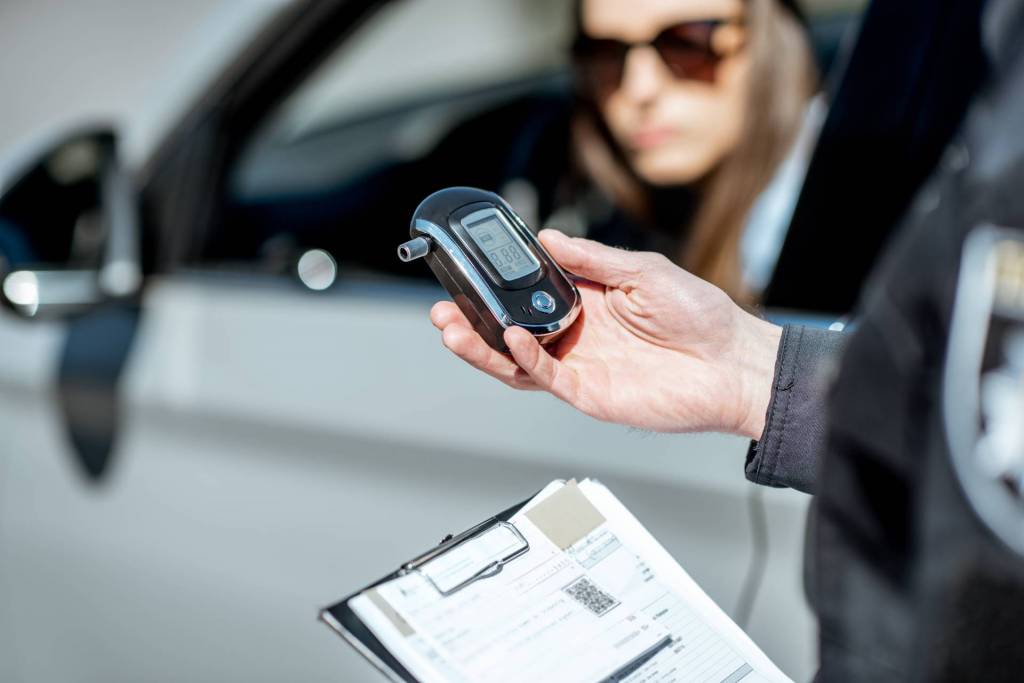If you are lucky enough to get probation in Florida instead of a serious sentence, you are essentially being granted a chance to stay out of jail or prison. This probationary sentence is assuming that you adhere to the conditions of your probation. By accepting the terms of probation, you’re entering into a contract with the court stating that you can manage yourself without having to “do time” in jail or prison. However, the consequences of violating your probation can be very serious. This is especially true in Florida.
Violations of probation can occur if your parole officer (or the court) believes you have willfully and substantially violated the terms of your probation in any material way (Florida Statutes § 948.06). If there is even a suspicion you violated your probation, a law enforcement officer may arrest you, or the court can issue a warrant for your arrest.
If you are accused of violating probation (also known as VOP), you are in a strange situation because you have already been sentenced to the original crime. You are entitled to less legal protection than if you were being charged with a new crime. Under Florida statute §948.06, you have no right to a jury trial in the VOP hearing, which puts you essentially at the mercy of the Judge. There is also no right to bond while awaiting the hearing for a VOP.
This means that a person accused of murder may be able to bond out of jail, while you who were on probation and violated the terms, will have to sit in jail until the VOP hearing. This is true even if your crime was much less severe. There is also no statute of limitations on a VOP, so you as the probationer cannot just stall or wait for things to “blow over.”
Another major legal difference is that hearsay is admissible against you in a VOP hearing. This translates to whatever a probation or police officer says you did being used without any further proof. The violation of probation does not have to be proven beyond a reasonable doubt. Anything you say to your parole officer can be used against you in court. This is vital to know, and consulting with your Tampa criminal attorney before you speak with your parole officer may help you stay out of jail.
This overall diminished power of your “rights” under probation make it necessary for you to speak with an attorney who will fight back! A Tampa criminal defense lawyer fighting for the accused.
What Actions May Result in a Violation of Probation in Florida?
The terms that must be met for you to receive probation are different for each case. In Florida, some of the most common reasons for VOP are:
- Failure to submit to a drug or alcohol screening
- Failure to have a negative result to a drug or alcohol screening
- Failure to pay restitution as prescribed by the court
- Failure to report a change of address
- Failure to meet with your probation officer without a solid excuse or prior notification
- Being arrested for another crime
Although these reasons matter, and some are notably less severe than others, any deviation from the rules set by the court can result in consequences. When you are put on probation, you need to be sure to discuss the terms with a criminal defense attorney thoroughly. Make sure you understand them fully and ask any questions about them, no matter how minor they may seem.
Florida law dictates that a judge may make one of three decisions if you are brought before the court for a VOP. The judge can:
- Reinstate your probation
- Modify your probation
- Revoke your probation, causing you can end up back in jail
The best-case scenario, of course, is to have your probation reinstated. The first thing to do, if you have actually violated your probation or even think it’s possible you may have, is to consult with your Tampa criminal defense lawyer. Provide them with all the details and circumstances of why the situation occurred. Getting ahead of your problem gives you and your lawyer the best chance of minimizing the consequences, and keeping you out of jail.
What Can the Right Criminal Defense Attorney Do for You?
In a standard criminal case, you need to be found guilty beyond a reasonable doubt. Recall, though, that in a VOP case, the same rights and standards followed previously do not have to be met. The prosecuting attorney simply has to have the evidence (which can even include hearsay) proving that you likely violated your probation.
Because the burden of proof is so low, this results in many convictions in VOP cases. The judge has a great deal of leeway in dealing with a VOP case, and your lawyer’s job will be to show that you deserve leniency in the verdict. If you are found guilty of the VOP, it is very hard to determine just how severe the penalty will be.
Some cases only result in a warning, possibly in an extension of community service, or a modification of your probation so the violation can be avoided in the future.
Because of the latitude the courts have in determining your punishment for the VOP, your attorney will form the best defense possible. The right attorney should offer straightforward legal advice after you both discuss the details of your VOP. Only then will you be able to offer the judge substantive reasons as to why your probation should not be revoked.









